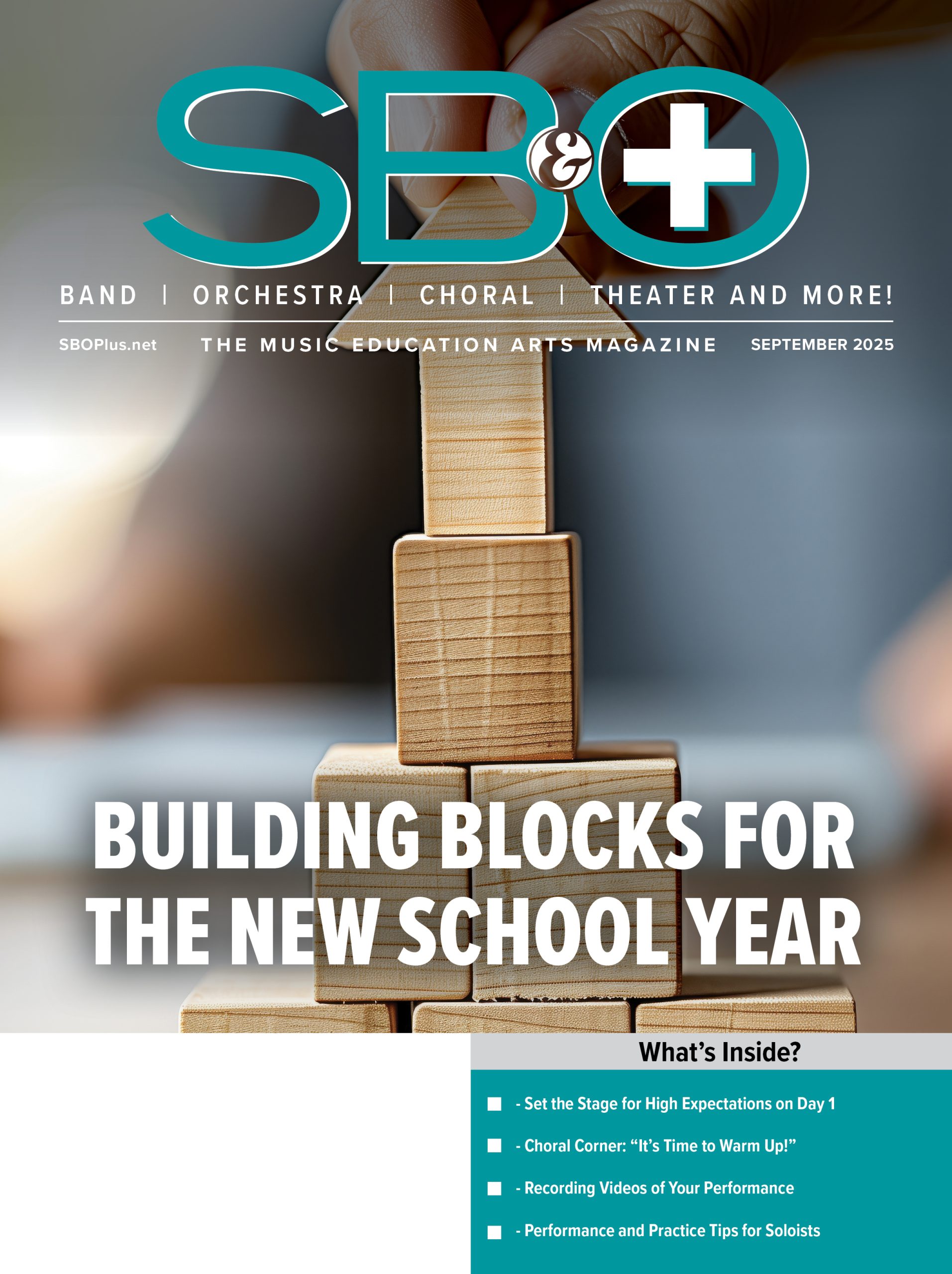 Did you know that the music for “The Battle Hymn of the Republic,” the great patriotic song of the North in the American Civil War, was written by a southern native, William Steffe, and that the music for “Dixie,” the great patriotic song of the South in the American Civil War, was written by Daniel Emmett, a northerner?
Did you know that the music for “The Battle Hymn of the Republic,” the great patriotic song of the North in the American Civil War, was written by a southern native, William Steffe, and that the music for “Dixie,” the great patriotic song of the South in the American Civil War, was written by Daniel Emmett, a northerner?
(Ironic, isn’t it?) Or that the melodies of many tunes that stirred up patriotic feelings in the American colonists during the Revolutionary War were taken from melodies of songs of England, the American colonists’ enemy during that war? The defiant American tune “The Liberty Song” came from the British “Heart of Oak,” “Free America” came from “The British Grenadiers,” and “God Save the Thirteen States” was derived from the British “God Save the King.” Even the melody of “The Star Spangled-Banner,” whose words were written by Francis Scott Key during the War of 1812, when America fought England again, came from the British tune “To Anacreon In Heaven.” (The ironies don’t stop!)
Some of the aforementioned compositions are staples of school concert band and orchestra repertoire. They’re beloved compositions, yet when you know the history behind them, the compositions, I take on a whole new meaning. Students have much to gain when they know about the music they play, and that knowledge not only makes the performance of the compositions more meaningful but more fun!
As a band director or orchestra leader you may not normally assign written homework but you might consider it in your purview as an educator to launch students into their own journeys of discovery and learning. Using the repertoire in your band or orchestra. There are many ways to do this.
Ask students to come up with ten interesting facts about a composition they play or about the composer or genre of music of the composition. For instance, it could be where a composition premiered or how long it took the composer to write it or who inspired the composition. It could include tidbits about the composer’s personal and family background, musical training, early musical influences, or how the person got started. Mozart, Beethoven, Bach, Brahms, Tchaikovsky–there are scads of fascinating anecdotes about the great classical composers and their music.
Ask students to come up with ten interesting facts about the history or culture surrounding a composition or composer whose music they play. I teach a history course on pop music and on the timeline I use that show important events in pop music I include historical and cultural milestones around those events to give the students a sense of the context in which those events occurred. See the accompanying sidebar.
Ask students to take the genre of a composition they like and come up with five other composers of music in that genre and five compositions of each composer. They could also do this for subgenres. For instance, if they carried out this exercise for a modern jazz composition they could do the same for other jazz idioms such as a ragtime or Dixieland composition. This might lead them to learn about composers and musicians of the time such as Scott Joplin, Jelly Roll Morton, Edward “Kid” Ory, Joe “King” Oliver, Jimmy Noone, Johnny Dodds, Sidney Bechet, or Louis Armstrong.
Ask students to come up with five to ten compositions in the style of compositions they play in band or orchestra and like. As you might realize, this kind of practice is carried on by music streaming sites and retailers today, when they post “If you like [this selection], then you might like [this selection].”
Ask students to contact a living composer to ask questions about how he or she wrote a particular piece or their musical influences or their favorite styles of music or what goals or dreams they are still pursuing. I used to seek out famous songwriters and composers and today their letters to me are among my most treasured personal possessions. I have correspondence from such tunesmiths as Johnny Marks, who wrote “Rudolph the Red-Nosed Reindeer,” Richard Rodgers, who composed the music for such Broadway shows as Oklahoma, The King and I, and The Sound of Music, and Sammy Cahn, the lyricist of songs such as “High Hopes,”
“Three Coins In the Fountain,” “Love and Marriage,” and “Let It Snow, Let It Snow, Let It Snow.” I wasn’t always successful, however. Despite my many letters to Irving Berlin he never responded personally (although I have a letter from his secretary who wrote that as a matter of practice he doesn’t answer mail) and I never received a personal reply from Aaron Copland, although I have letters from his assistant.
A fun thing about research is that looking for specific information can lead to finding other interesting information, and the more digging you do the more appreciation you come away with for a particular subject. You can hand out written sheets or post online suggestions for how students could use their band or orchestra repertoire as springboards to learn about music history.
Music students should always be encouraged to learn not just from research but also from listening. They should sample at least some of the music they read about. And with the Internet, it has never been easier to learn about and hear music. Anyone not living in a cave knows about sites like YouTube that has almost every recording you could want to hear. In introducing a new composition, you may want to share with your students any interesting information about the work or composer that you know.
Of course, not every student will want to engage in any of the exercises discussed here, but if you impact even just one student then you can be satisfied that you made a difference in his or her life. Many renowned musicians have a strong foundation of knowledge of the music they play and I think it immensely enhances appreciation of music to know about the music you play rather than just playing it.
Want some more fun facts of music history? Did you know that as Beethoven’s hearing was fading, he used brass “Horinstrumente,” or listening tubes or “ear trumpets” made by the mechanical music instrument-maker Johann Nepomuk Mälzel? (Unfortunately, the ear trumpets didn’t improve Beethoven’s hearing much and his hearing continued to worsen and he eventually became totally deaf.) Here’s another one: Who wrote the world’s most widely-recognized melody? Mozart, Beethoven, Chopin, Berlin, Gershwin, Lennon and McCartney? Try an obscure kindergarten teacher named Mildred Hill. Huh? In 1893, Mildred wrote the music and her sister Patty wrote the words for a kindergarten song called “Good Morning to All.” Sometime not long after the lyrics became changed and today countless people around the word every day sing in different languages their tune that became known as “Happy Birthday to You.”
What historical and cultural events occurred in the 1920s? Here are some: radio was introduced to the public, Prohibition, speakeasies, raccoon coats, flappers, bobs (short hairdos), swinging beads, the Jazz Age or Roaring Twenties, the Charleston (dance), flagpole sitting, dance marathons, Babe Ruth became the first baseball player to hit 60 home runs in one season, the first Miss America contest, the first roadside motel (in California), the first talking motion picture (“talkie”), underworld gangsters, Al Capone, the first lie detector test, frozen food, Band-Aids, antifreeze, the first television transmission (experimental), Yo-yos, self-winding watches, the stock market crash, the Great Depression.
Giving historical and cultural context to music that is played or learned about may make the music more meaningful or fun to play.
Sources: for the American Civil War Ironies: The New American Song Book by Marx and Anne Oberndorfer, Schmitt, Hall & McCreary Company Minneapolis, 1961; for the American melodies taken from British tunes and “Happy Birthday to You”: All the Years of American Popular Music by David Ewen, Prentice-Hall, Inc., Englewood Cliffs, New Jersey, 1977.
Harvey Rachlin is an award-winning author of thirteen books including The Songwriter’s Handbook and The Songwriter’s and Musician’s Guide to Making Great Demos. His Encyclopedia of the Music Business won the ASCAP-Deems Taylor Award for excellence in music journalism, was named Outstanding Music Reference Book of the Year by the American Library Association, and was recommended by Academy Award-winning composer Henry Mancini on the 1984 internationally-televised Grammy Awards. His books have been praised by such music luminaries as Elton John, Aaron Copland, Richard Rodgers, Henry Mancini, Burt Bacharach, Marvin Hamlisch, Sammy Cahn, Jule Styne, Morton Gould, and Johnny Mathis. He runs the Music Business program at Manhattanville College in Purchase, New York.
Bright Idea
To give the students in my pop music history class context to the historical and cultural events surrounding the compositions they learn about, I include a number of historical and cultural items in each decade of the compositions we study and briefly explain them. For instance, we might study songs of the 1920s. Such songs might include “Ain’t We Got Fun,” “April Showers,” “My Buddy,” “Charleston,” “California, Here I Come,” “It Had to Be You,” “Tea for Two,” “What’ll I Do?” “A Cup of Coffee, a Sandwich and You,” “Sweet Georgia Brown,” “Bye Bye Blackbird,” “Mountain Greenery,” “Blue Skies,” “My Blue Heaven,” “Ol’ Man River,” “Strike Up the Band,” “You’re the Cream In My Coffee,” “Tip Toe Thru the Tulips With Me,” and “Singin’ In the Rain



























